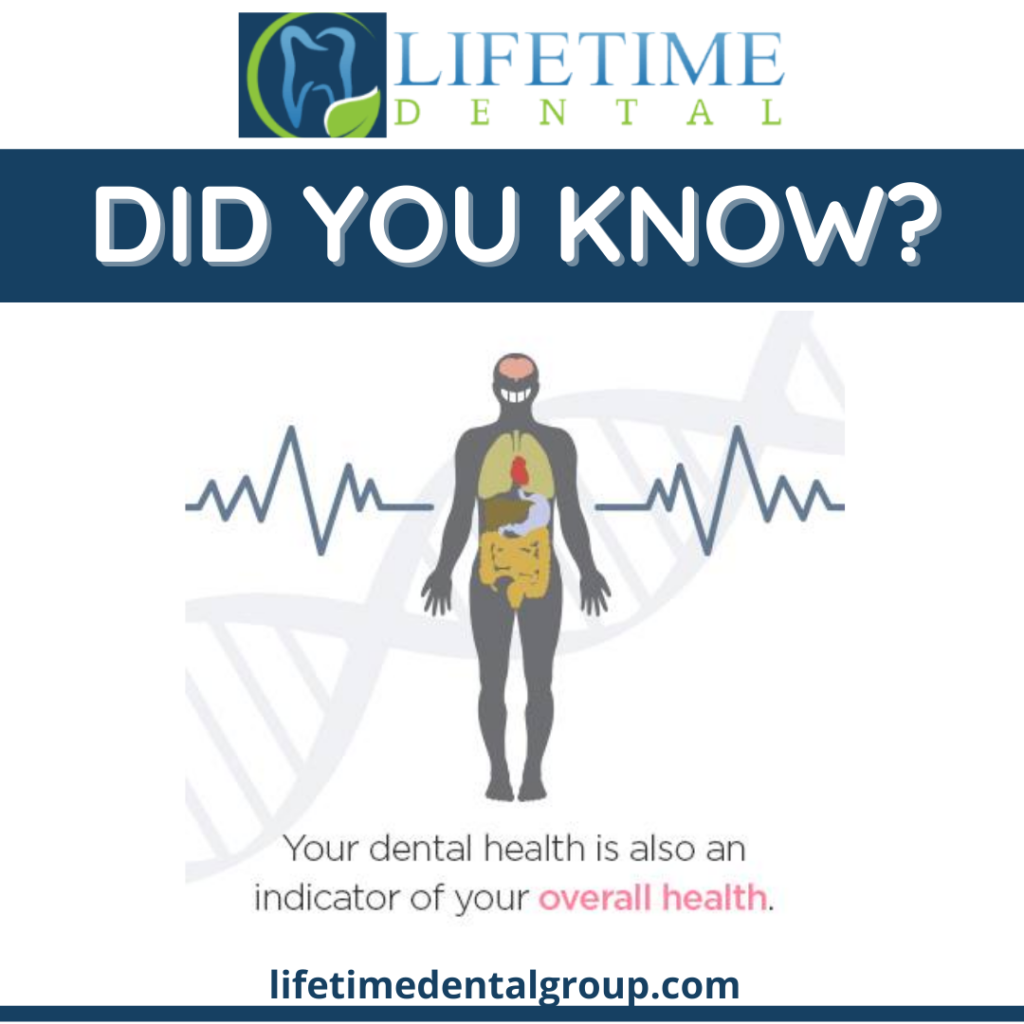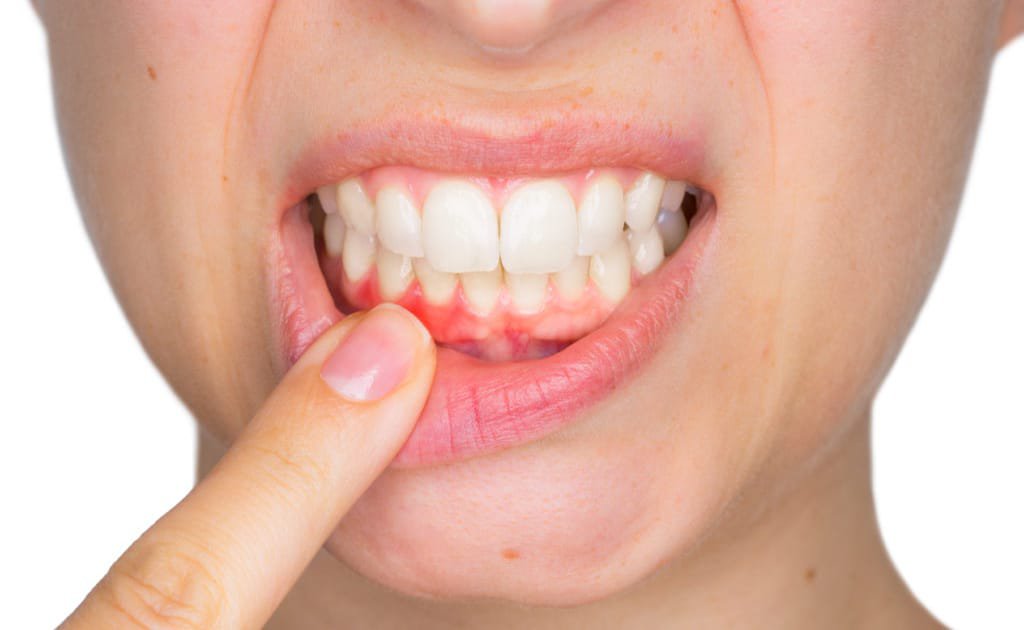The condition of your mouth is closely tied to your overall health. Find out how oral health is linked to diabetes, heart disease, cancer, and more.
Taking care of your teeth isn’t just about having a nice smile and pleasant breath. Recent research has found a number of links between oral health and overall health. While in many cases, the nature of this link still isn’t clear — researchers have yet to conclude whether the connections are causal or correlative — what is certain is that the condition of your mouth is closely tied to your overall physical health.
Oral Health and Diabetes
Doctors have known for years that type 2 diabetics have an increased incidence of periodontitis or gum disease. In July 2008 the connection was further highlighted: Researchers at Columbia University’s Mailman School of Public Health followed 9,296 nondiabetic participants, measuring their level of periodontic bacteria over the course of 20 years. “We found that people who had higher levels of periodontal disease had a twofold risk of developing type 2 diabetes over that time period compared to people with low levels or no gum disease,” explains Ryan Demmer, PhD, associate researcher at the department of epidemiology at the Mailman School and the lead author. While more research is needed before doctors can conclude that gum disease actually leads to diabetes, there are already a few theories about why this might be the case: One proposes that when infections in your mouth get bad enough, they can lead to low-grade inflammation throughout your body, which in turn wreaks havoc on your sugar-processing abilities. “There are all kinds of inflammatory molecules,” says Dr. Demmer, “and it’s believed that maybe some attach to insulin receptors and prevent the body’s cells from using the insulin to get glucose into the cell.”

Oral Health and Heart Disease
As with diabetes, the connection between poor oral health and cardiovascular conditions has been recognized — the two are often found together — but it still hasn’t been determined conclusively whether or not there is a direct causal relationship between them. (One reason is that there are a number of other potential risk factors — such as smoking and old age — that can lead both to gum disease and heart disease.) However, in a 2005 study funded by the NIH, 1,056 randomly selected participants with no prior heart attacks or strokes were evaluated for levels of periodontal bacteria: After removing the effects of the other risk factors of age, gender, and smoking, it was found that there was an independent relationship between gum disease and heart disease, says Moise Desvarieux, MD, PhD, associate professor of epidemiology at the Mailman School and lead author of the study. One theory about why this may occur, says Dr. Desvarieux, is that small amounts of bacteria enter your bloodstream while you’re chewing. “Bad” bacteria from an infected mouth may lodge itself inside blood vessels, ultimately causing dangerous blockages. Strengthening his theory is the fact that when scientists have looked at atherosclerotic blood vessels, they have sometimes found fragments of periodontal bacteria. Meanwhile, a study published in the New England Journal of Medicine in 2007 established that aggressive treatment of gum disease reduces the incidence of atherosclerosis within six months.
Pregnancy Complications and Gum Disease
For many pregnant women, gum infections stem from the fluctuating hormone levels that come with pregnancy, says Marsha Rubin, DDS, practicing diplomat of special-care dentistry at New York-Presbyterian/Weill Cornell, who sees many pregnant patients in her practice. Others neglect their oral care during pregnancy since they have much on their minds, she adds. But that’s a mistake: Scientists believe that gum disease or inflammation in the mouth possibly triggers an increase in a chemical compound called prostaglandin, which induces early labor. While this theory has not yet been confirmed, a 2001 study found that pregnant women who develop gum disease between weeks 21 and 24 are four to seven times more likely to give birth before week 37. There is evidence that poor gum health in the extreme can lead to low birth weight as well. A number of studies — including a 2007 study of 3,567 Turkish women and a 2007 study of 1,305 Brazilian women — found a relationship between periodontal disease, preterm birth, and low birth weight.
Pneumonia and Gum Disease
There has been a link established between poor oral health and pneumonia, though much of the research focuses on high-risk populations. A 2008 study of elderly participants found that the number who developed pneumonia was 3.9 times higher in patients with periodontal infection than in those free from it. “The lungs are very close to the mouth,” says Rubin. “Even in a healthy mouth there is lots of bacteria, but bacteria in a not-healthy mouth can get aspirated into the lungs, causing pneumonia or aggravating COPD, chronic obstructive pulmonary disorder.” Several intervention studies cited by the CDC show that an improvement in oral health can lead to a reduction in respiratory infection.
Pancreatic Cancer and Gum Disease
A study published in 2007 in the Journal of the National Cancer Institute surveyed 51,529 American men about their health every two years between 1986 and 2002. Of the 216 participants who developed pancreatic cancer, 67 of them also had periodontal disease. Independent of the participants’ smoking status, the study found that having a history of periodontal disease was associated with an increased risk of pancreatic cancer. This, according to the study, could be because of systemic inflammation or increased levels of carcinogenic compounds produced in the infected mouth. Interestingly, another viable theory about why gum disease may cause type 2 diabetes points to damage to the pancreas as well. “With the pancreatic cancer study, we thought it was very interesting that you have this localized infection that has an impact on a systemic organ that is very intimately tied to the pathophysiology of diabetes,” says Dr. Desvarieux. Reasons for why this might be are as yet unknown.
Learn more in the Everyday Health Dental Health Center.




